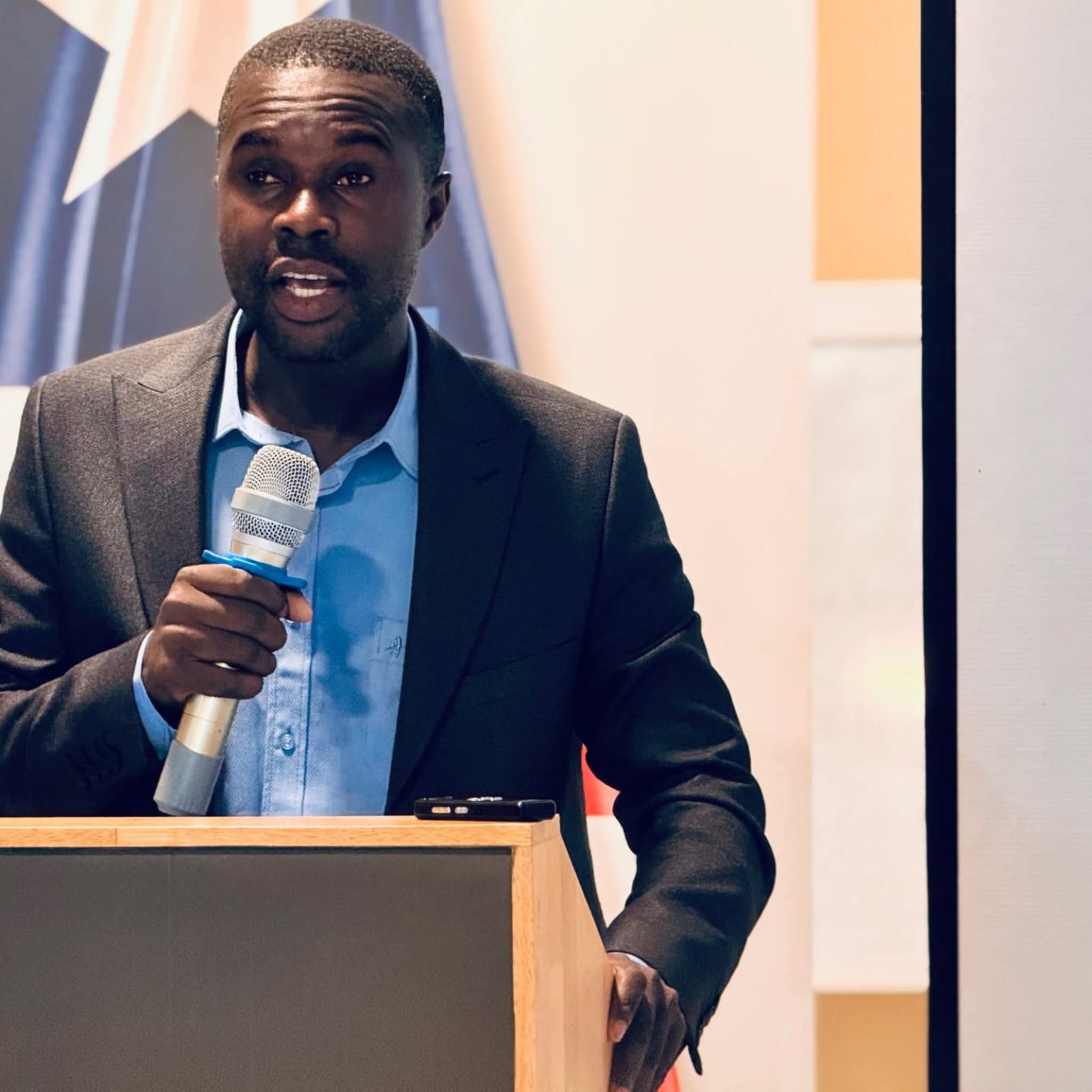The Press Union of Liberia (PUL) has expressed deep reservations regarding the effectiveness of Liberia’s anti-corruption campaign, despite the government’s open acknowledgment of the widespread nature of corruption within the country. The PUL argues that the frequent use of dramatic rhetoric, likening corruption to a “public enemy,” “vampire,” “cancer,” and “king kong,” suggests a struggle to achieve tangible results and resonate with the public’s expectations for genuine progress. The Union stresses the urgent need for a collaborative approach, advocating for a strong partnership between government bodies, civil society organizations, and international stakeholders to effectively combat corruption and achieve meaningful change. This call for collaborative action underscores the PUL’s belief that a multi-faceted strategy, encompassing various perspectives and expertise, is crucial for achieving the desired impact in the fight against corruption.
The PUL’s concerns were articulated by its President, Julius Kanubah, during the opening of a two-day workshop focusing on investigative journalism and anti-corruption efforts. The workshop, aptly themed “Uncovering the Facts: Strengthening Integrity through Journalism,” is a collaborative effort organized by the Liberia Anti-Corruption Commission (LACC) with support from the United Nations Development Program (UNDP) and funding from the United Nations Peacebuilding Fund. It is designed to equip journalists with the necessary skills and knowledge to effectively investigate and report on corruption, thereby contributing to greater transparency and accountability in governance and public service delivery. The workshop is part of a broader project aimed at empowering citizens and communities to actively participate in promoting good governance and holding public officials accountable.
Kanubah commended the LACC and UNDP for their dedication to building capacity within the journalism sector, recognizing the crucial role of a robust and independent media in exposing corruption and promoting good governance. However, he also expressed criticism towards the practice of some local and international organizations, including government institutions, of organizing and implementing journalists’ training programs without the involvement of the PUL. Kanubah emphasized the importance of the Union’s active participation in the design, implementation, and evaluation of such initiatives, arguing that excluding key stakeholders like the PUL undermines the effectiveness and impact of these programs. He argued that true capacity building requires a collaborative approach, ensuring that training programs align with the needs and priorities of the media landscape and contribute to the overall strengthening of the profession.
Furthermore, the PUL President underscored the need for sustained and targeted investments in investigative journalism and anti-corruption reporting. He stressed that institutionalizing the fight against corruption requires empowering journalists with the resources and skills to conduct in-depth investigations and expose corrupt practices, particularly within a media environment often susceptible to political and economic pressures. Kanubah’s call for increased investment highlights the recognition that a strong and independent media is essential for holding power accountable and promoting good governance, ultimately contributing to a more just and equitable society. He emphasized the need for a long-term commitment to supporting investigative journalism as a crucial pillar in the fight against corruption.
The training program, held in Ganta City, Nimba County, brought together 30 Liberian journalists, including 12 women, representing various regions across the country, reflecting a commitment to inclusivity and diverse representation within the media landscape. The diverse range of participants ensures a broader reach of information and perspectives, which is crucial for fostering public awareness and engagement in anti-corruption efforts. The program’s comprehensive curriculum, delivered by facilitators from the LACC, various media organizations, and the United Nations, covers a wide range of topics essential for effective investigative journalism and anti-corruption reporting.
The training focuses on key areas such as understanding the LACC’s mandate and asset declaration processes, grasping the multifaceted nature of corruption, and honing skills in development reporting and investigative journalism techniques. Participants also receive training in examining documentary evidence, digital forensics, data analytics, and the ethical use of social media for reporting. Notably, the inclusion of cutting-edge technologies like artificial intelligence in investigative journalism signals a forward-thinking approach to equipping journalists with the latest tools and methodologies for uncovering and reporting on corruption. This comprehensive training program aims to equip participants with a robust skillset to effectively investigate and report on corruption, ultimately contributing to greater transparency and accountability in governance and public service delivery.














